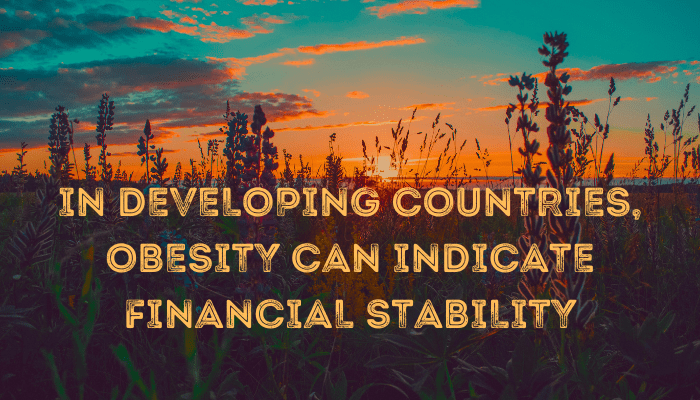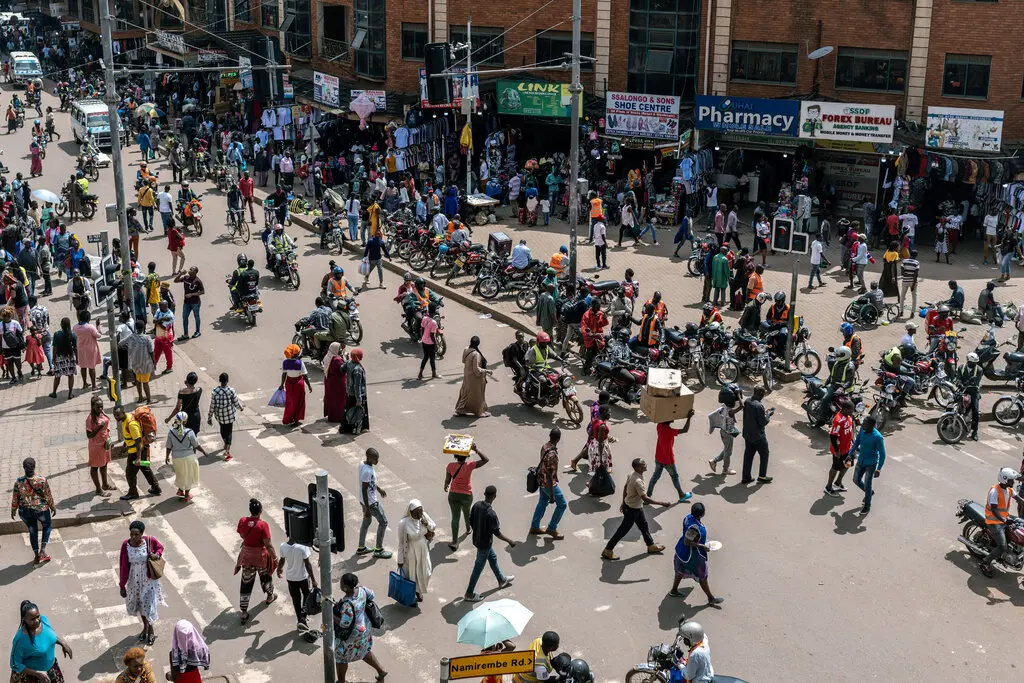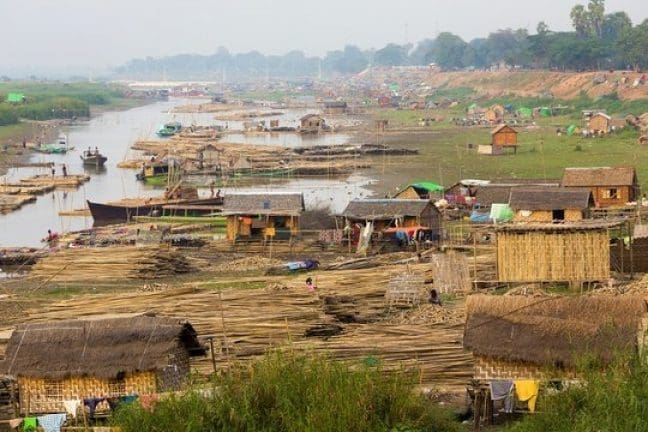People in the world’s wealthiest nations tend to be leaner as their affluence increases.

In contrast, according to a forthcoming article in The American Economic Review, in Uganda, one of the world’s poorest countries, where nearly half of the population consumes fewer calories per day than they require, surplus fat is frequently a sign of affluence and can assist in obtaining a bank loan.
It’s not remarkable that obesity is a significant indicator of affluence in regions where food is scarce. New research reveals, however, that information is limited in impoverished countries. And in such circumstances, loan officers use whatever evidence they can discover to assist them in making crucial economic decisions.
“Given the scarcity of readily available hard information in poor countries, wealth signals, including obesity, play a crucial role in economic interactions where individuals seek to evaluate someone’s wealth,” said Elisa Macchi, assistant professor of economics at Brown University.

Ms. Macchi administered assessments to 238 loan officers at 146 financial institutions in Kampala as part of her research. She requested that they evaluate loan applications from fictitious applicants whose accompanying photographs had been altered to make them appear slender or overweight.
Ms. Macchi stated that it is common in Uganda for individuals to include a photo of themselves with their loan application, which can be used by loan officers to determine whether or not to even grant a first interview.
She discovered that loan officers were more likely to view applicants as creditworthy and financially stable when the rotund version of the applicant’s photograph was included.
“The obesity premium is substantial, equivalent to a 60% increase in borrower-reported income in the experiment” or an additional asset such as vehicle ownership, the study concluded.

Historically, some regions of sub-Saharan Africa esteemed obesity. Mauritania was once infamous for the practise of forcibly feeding young females in order to make them more marriageable. This practise was known as gavage, derived from the French word for force-feeding geese to produce foie gras. It was considered both a sign of affluence and a cultural ideal to be overweight.
Obesity has recently become an increasingly worrisome health risk on the continent, mirroring the trend in the wealthiest nations, where obesity is frequently associated with destitution. The simple availability of inexpensive, highly processed, low-nutritional-value foods allows people to satiate their hunger without promoting their overall health.
Changing nutrition, a lack of physical activity, and the use of various modes of transportation, especially in urban areas, contribute to weight gain in developing nations.
Last year, Matshidiso Moeti, the regional director of the World Health Organisation for Africa, said in a statement, “Africa faces a growing problem of obesity and overweight, and the trends are rising.” Under the weight of poor health, millions of people, including children, risk living shortened lives if nothing is done.

Obesity is associated with severe disease and hospitalisation of Covid-19 patients, according to research.
The World Health Organisation and other international organisations have begun collaborating with Kenya, Tanzania, and Uganda to develop programmes and guidelines to promote healthy diets and physical activity.
Nevertheless, cultural associations and stereotypes frequently persist despite scientific recommendations, such as the notion that being overweight indicates affluence.
In the case of loan officers in Uganda, however, facts ultimately prevailed over perception. When lenders had access to more reliable information, such as the loan applicant’s income, collateral, and occupation, the so-called obesity premium decreased.
Ms. Macchi stated about preconceived conceptions about affluence and weight, “It’s fortunate that they’re not so entrenched.” “As soon as we provide them with the information, they respond to it.”

